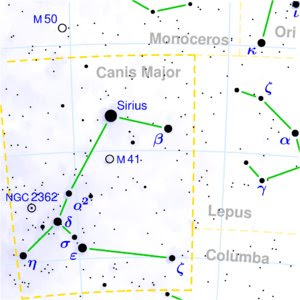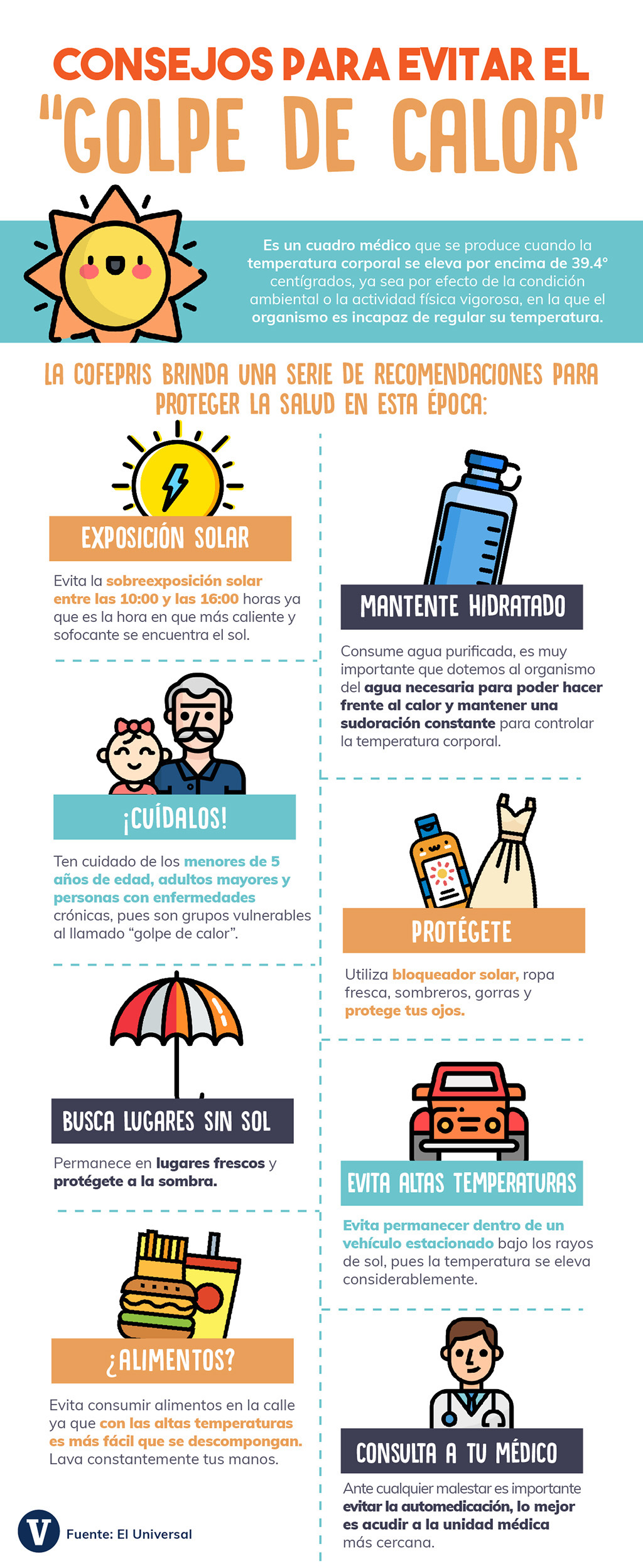This weekend will kick off the famous season of the dog days of summer in Mexico, which will run from July 12 to August 20.
The so-called ’40 hottest days of the year ‘ do not have a precise start date but usually occur between the months of June and July, where the days exceed 45 degrees in temperature.

What effects does the heatwave have?
The increase in temperature causes from dehydration, intense thirst, tiredness, headache, weakness, dizziness, and vomiting to an increase in heart rate and death in skin cells, in addition to increasing the risk of skin cancer; therefore it is recommended to constantly hydrate yourself, avoid exposure to the sun for long periods, use sunscreen and wear light clothing.
In which regions of Mexico does it occur?
The canicula is characteristic of the northern part of the country, however, the phenomenon also occurs in southern states. Its presence in Nuevo León, Tamaulipas, Veracruz, Hidalgo, Tlaxcala, Puebla, State of Mexico, Morelos, Colima, Michoacán, Guerrero, Oaxaca, Tabasco, Chiapas, Campeche, Yucatan, Quintana Roo and San Luis Potosí stand out.

What does Canicula mean?
The name of dog days is attributed to it, due to the belief that the star Sirius, which is part of the constellation Can Mayor or Canícula, and is the brightest of the constellation, comes to be positioned on the opposite side of the Sun in summer, which generates the belief of the increase in temperature.

The heatwave is an annual phenomenon that lasts 40 days, between the months of July and August, in which extreme heat is recorded, with temperatures of up to 40 degrees Celsius, and the probability of rain decreases.
It is difficult to forecast the onset, duration, and intensity of the climatic phenomenon, also known as intra-festival, mid-summer, or summer drought, because it depends on atmospheric conditions, even, in exceptional circumstances, it can start from June or extend until September.
It mainly affects vulnerable groups, children, the elderly, people with chronic diseases, or those who are physically active during times of increased solar radiation.
This phenomenon will cause temperatures of up to 45 degrees in some areas of the country, so it is advisable to prevent heatstroke.
Heatstroke occurs when the body temperature rises above 39.4 centigrade, either due to environmental conditions or vigorous physical activity.

Recommendations
- Avoid exposing yourself to the sun
- Carry out activities during the hours of greatest radiation (between 11:00 and 16:00)
- Consume enough water or drinks with electrolytes
- Wear umbrellas, caps, or hats; as well as light and light colored clothing
- Apply sunscreen
- Constantly wash your hands
- If you need it, ask for Life Serum Oral in health centers
Remember that when faced with symptoms such as weakness and/or cramps, it is necessary for people to withdraw from the sun, hydrate themselves with oral electrolytes or natural water, and go to the nearest health unit, to prevent possible complications.
Source: smn.conagua.gob.mx/es/





